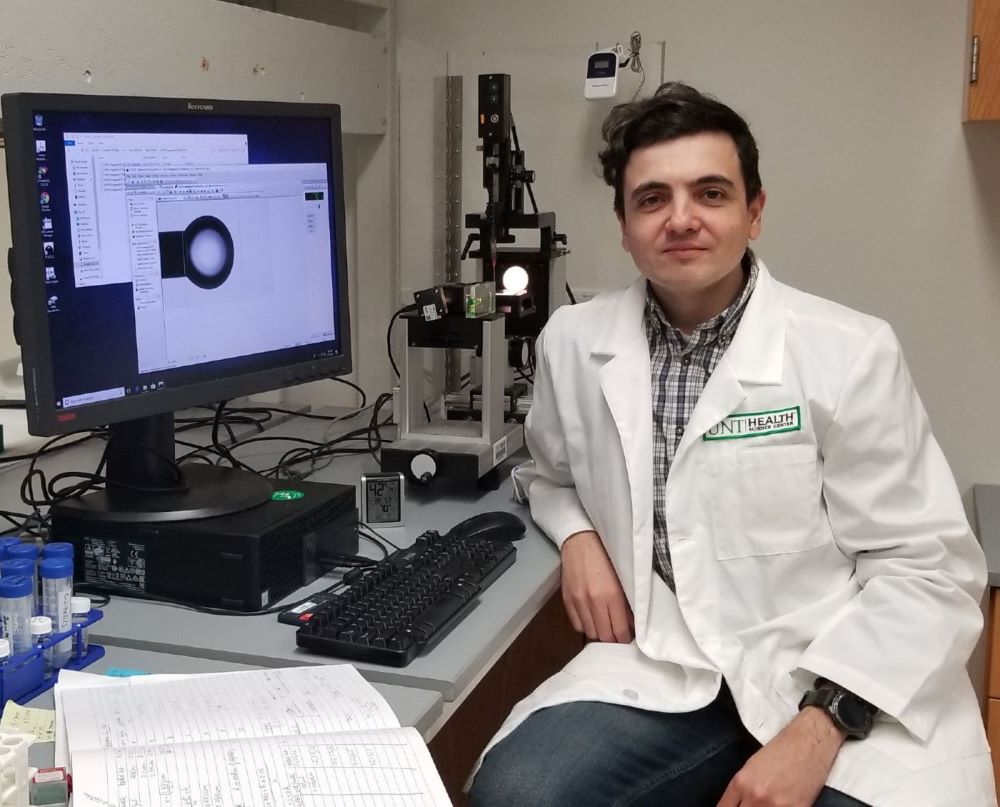Michail Kastellorizios, MSc, PhD

A Biopsy-based Method to Improve Clinical Translation of Anticancer Nanomedicines
Summary
In the fight against cancer, nanomedicine has offered several breakthrough innovations that have led to improved therapies and diagnostic tools. However, translation of successful animal testing to clinical efficacy has been challenging for nanomedicines, even more so than conventional anticancer drugs. In addition, due to their complexity, nanomedicines, even clinically successful ones, are difficult to manufacture in a reproducible way; in fact, availability has been interrupted in the past due to manufacturing limitations, as was the case for Doxil® (pegylated liposomal doxorubicin). In this project, interfacial tension measurements are investigated as a potential physicochemical characterization tool to demonstrate reproducibility. Furthermore, interfacial tension was used to quantify interactions between clinically available nanomedicines and tumor biopsies as well as tissues from animal models that are typically used in the drug development process. A major part of this work focuses on developing a patient biopsy processing method that will allow researchers to test their experimental nanomedicines against specific patient groups. The method that is being developed is designed to use the minimum amount of biopsy material with minimum processing in order to preserve each patient’s individual tumor characteristics. Future work will build on the foundational knowledge to be gained here and will be geared towards clinical studies to correlate tumor/nanomedicine affinity with treatment outcomes per patient group. Ultimately, this work aspires to improve the clinical translation of novel nanomedicines and ensure the delivery of the right cancer treatment to the right patient.

I am honored to be a recipient of the PhRMA Foundation Research Starter Grant in Pharmaceutics. With this award, the PhRMA Foundation jump-started my independent research program and allowed me to focus my efforts on my passion to improve clinical translation of nanomedicines. This grant has already resulted in training aspiring pharmaceutical scientists, several conference presentations, a research manuscript, and federal funding that focuses our work on health disparities in African American breast cancer patients. Thank you PhRMA Foundation for your support and your efforts to advance pharmaceutical innovation.